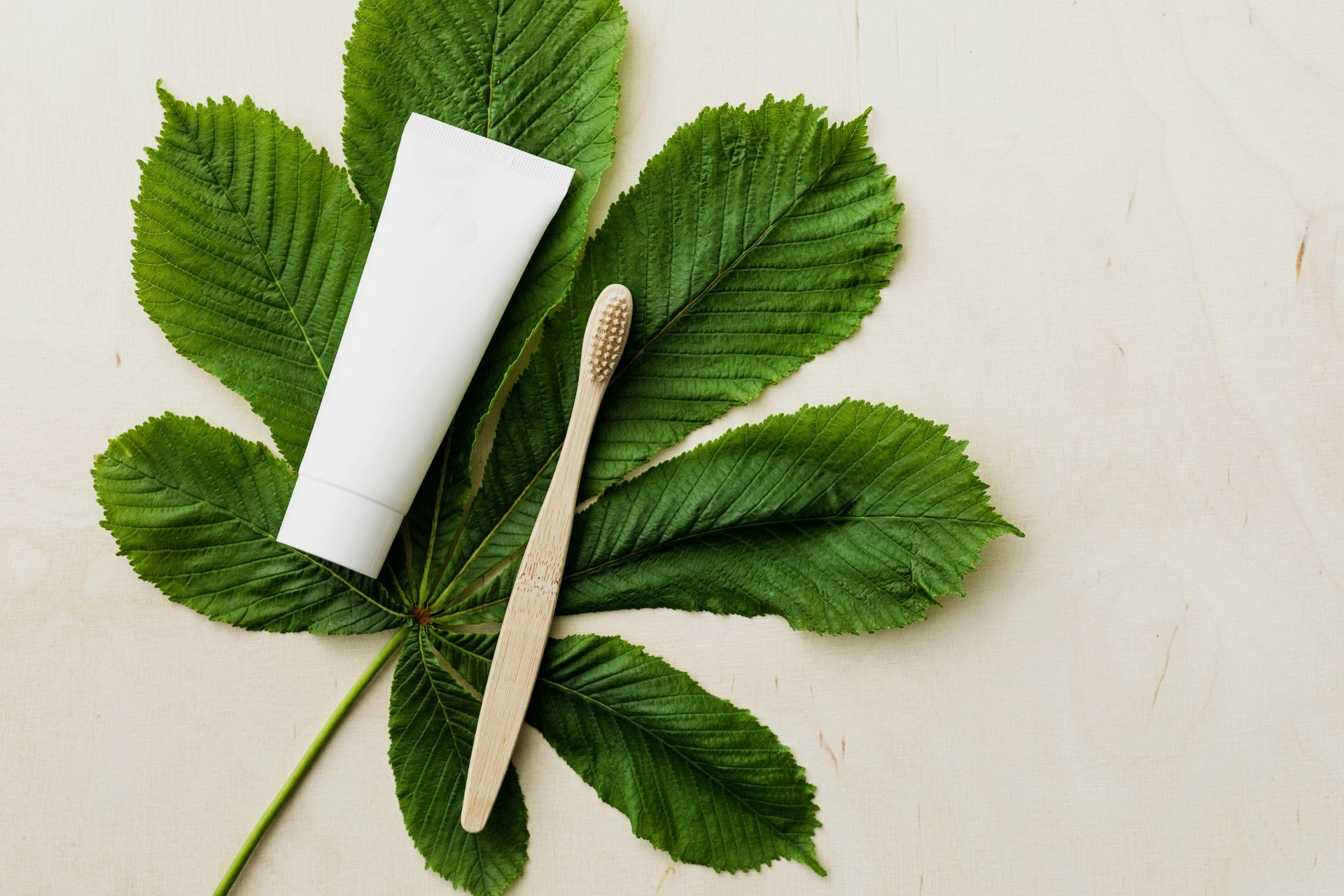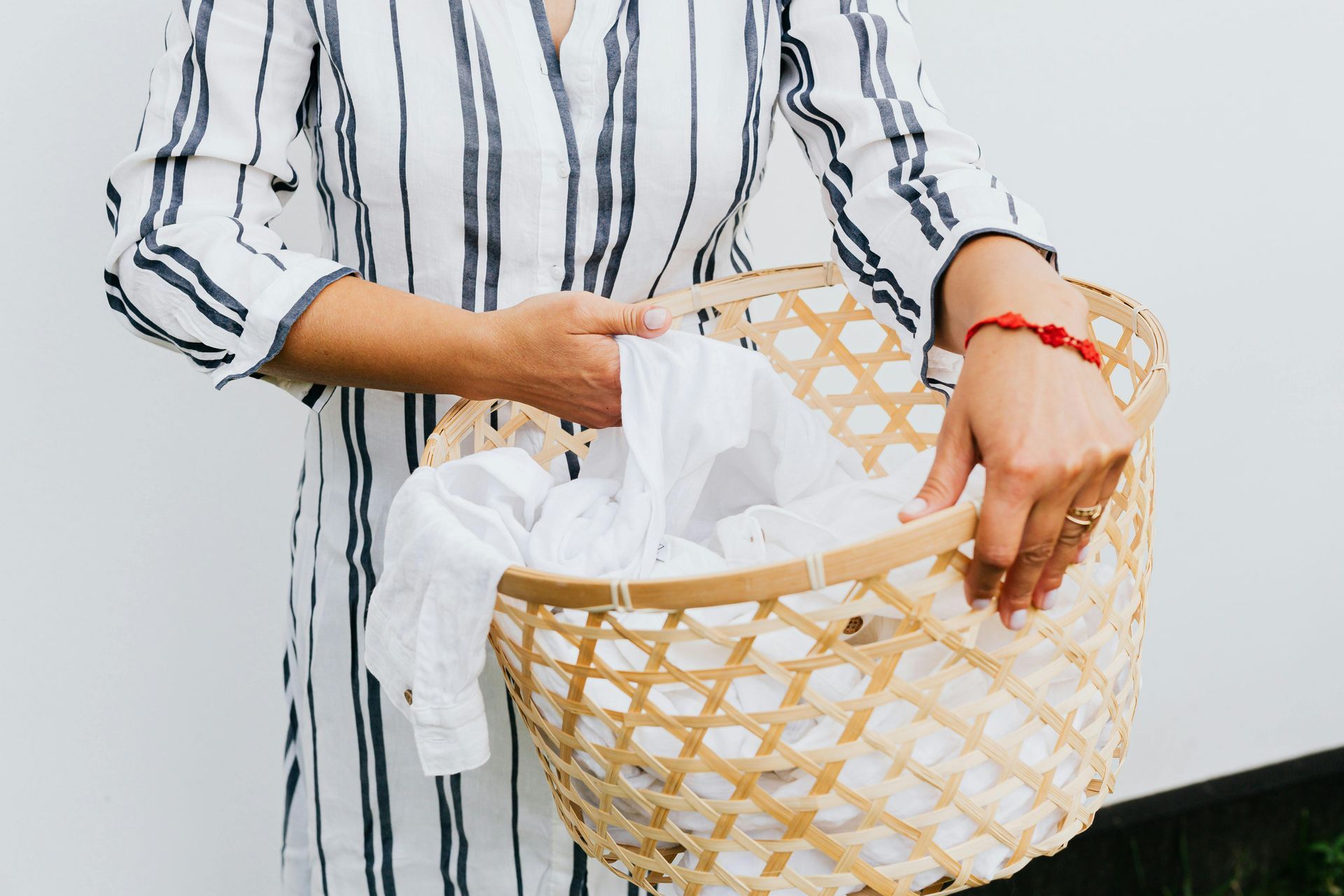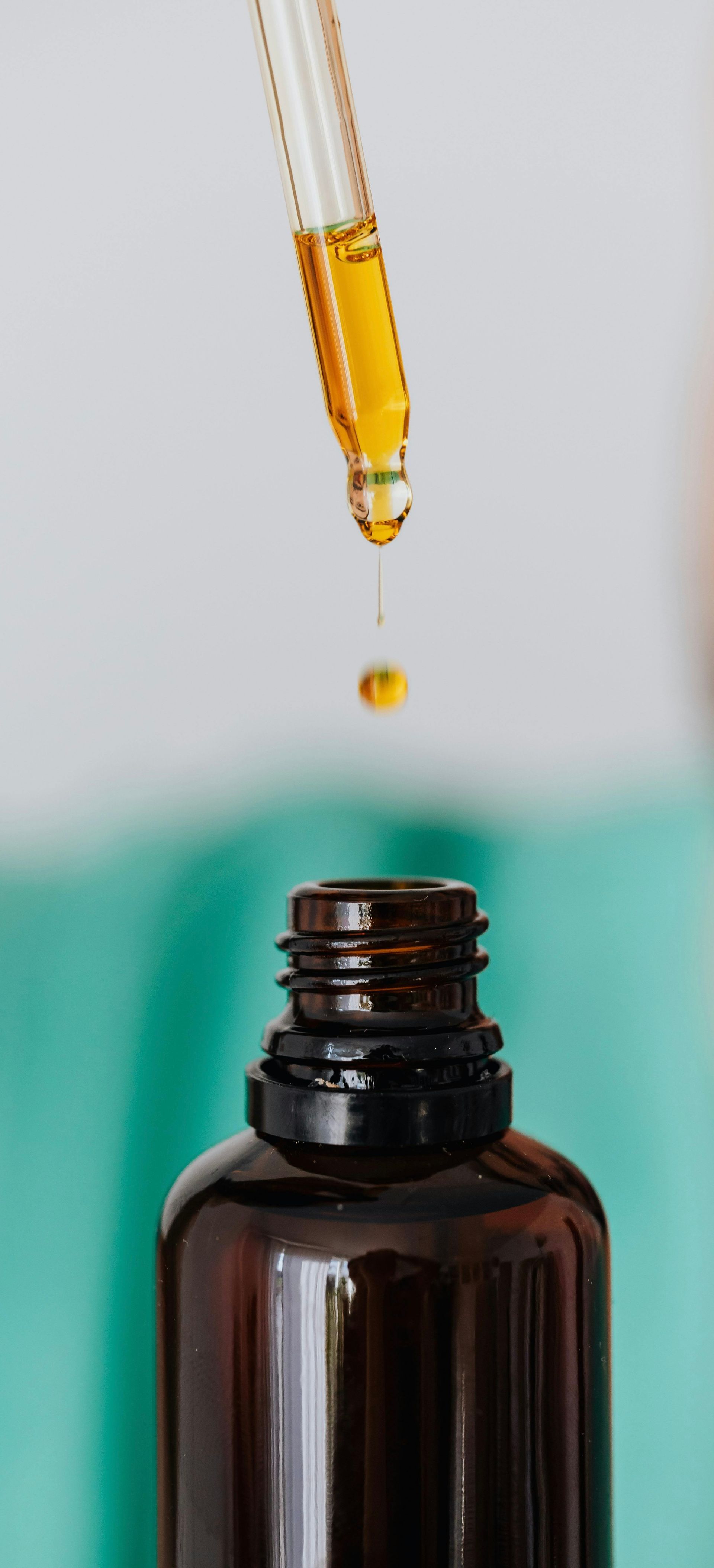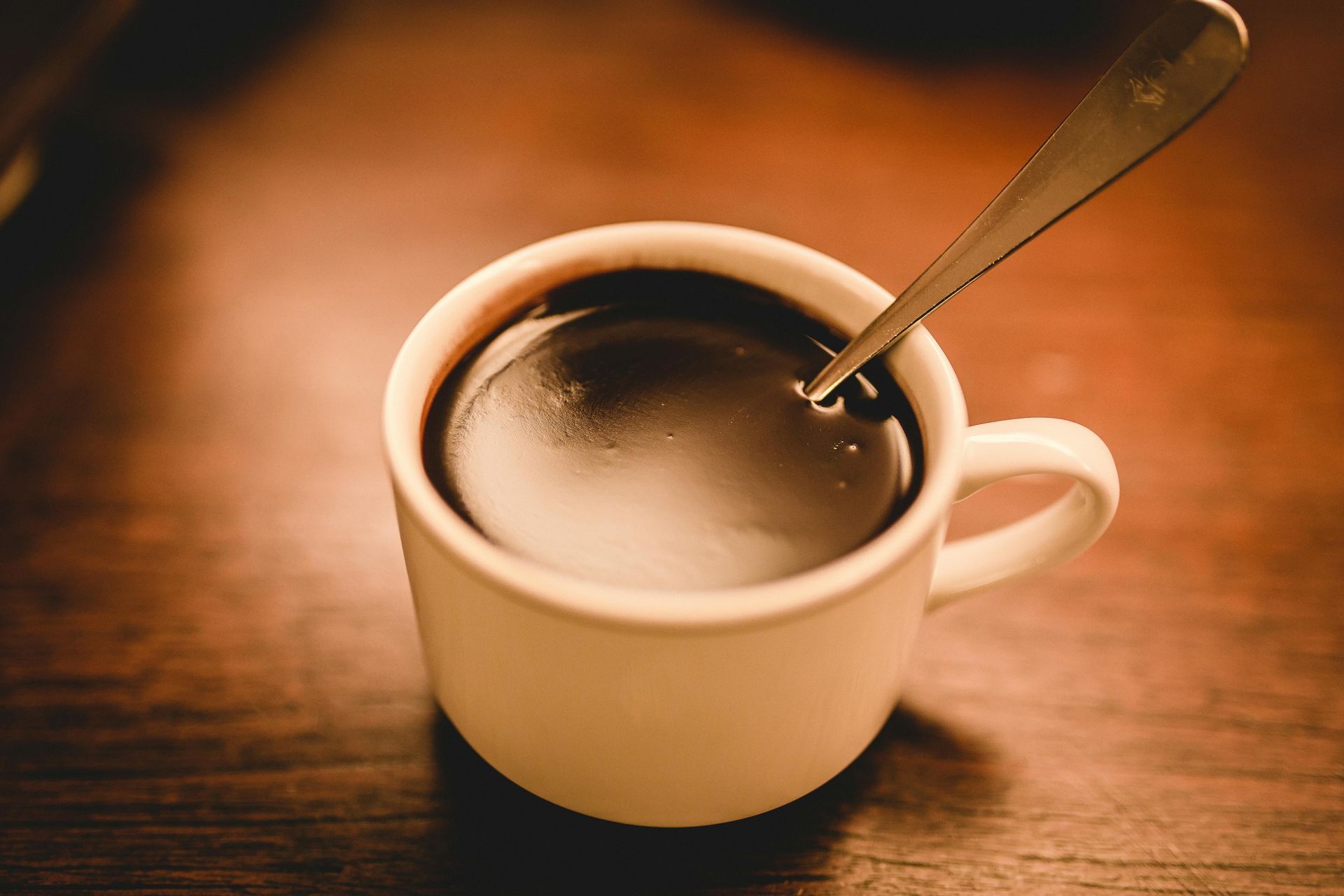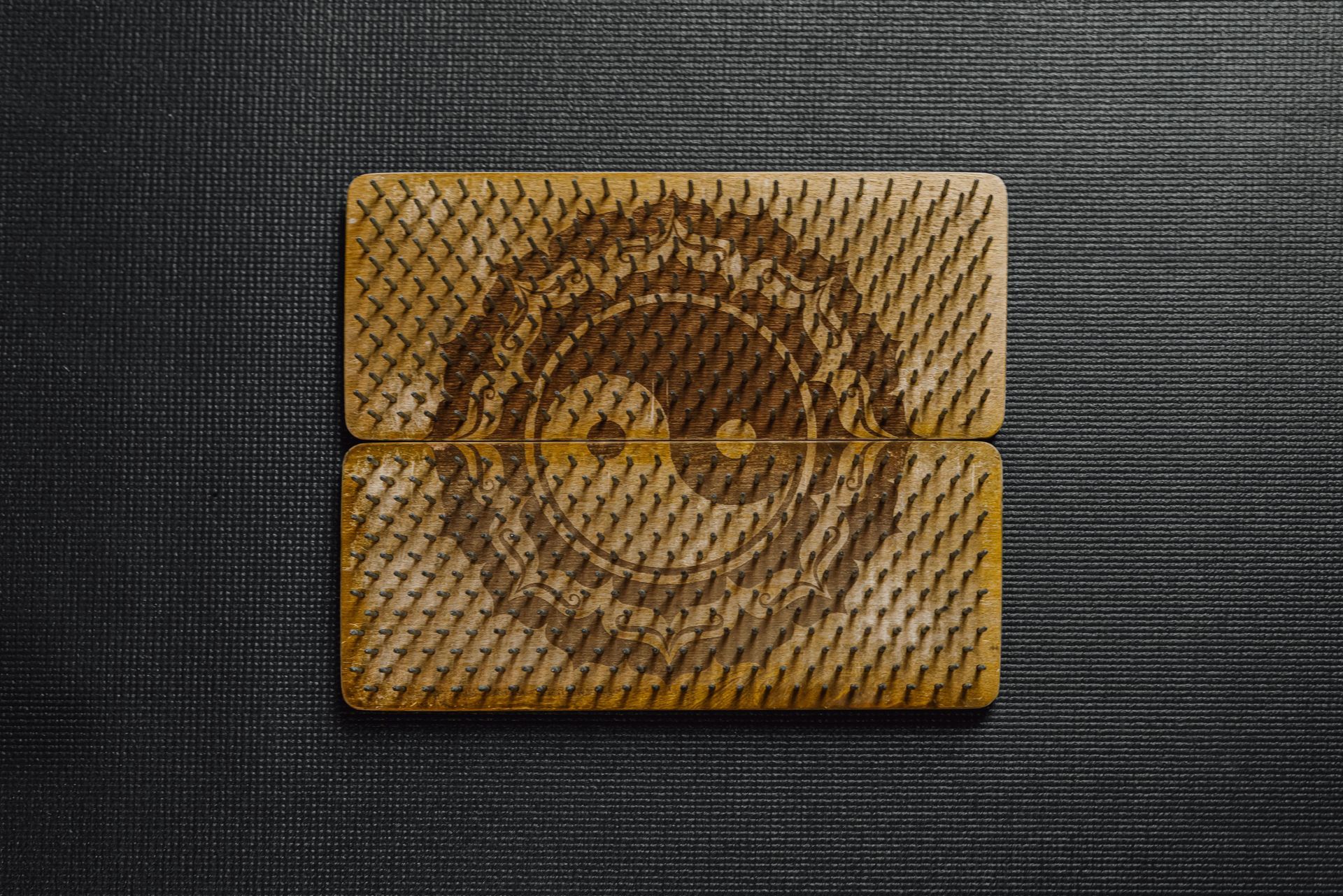Plea to Hospital Workers
Tea Time with Jo | Plea to Hospital Workers
If you’ve been keeping up with my Instagram, you are aware that I recently spent 12 days in the hospital supporting a loved one that was going through a pretty serious and scary diagnosis. Over the course of my time in the hospital, I was able to observe the many ways that a hospital environment does NOT support the health of its patients; but even more so, the health of its employees. While patients are spending a temporary period of time in the hospital, employees are there multiple days a week, often with 12+ hour shifts. While I acknowledge that hospitals are amazing for life saving circumstances, those of you that work there are actually exposed to tons of dis-ease causing factors.
Below, I will share some of my insights and suggestions for hospital workers to combat some of the nasties that their work environment is riddled with. I urge any hospital worker to consider these suggestions. It matters not if they work in the hospital kitchen or the operating room; the exposure to the nasties is everywhere. The general population needs you. If you don’t look after your own health, then we are all screwed! Let’s dive in.
Pack Your Own Meals
I found it really ironic how the department in charge of preparing and delivering patient meals is called “Nutrition” when they are loading up patient trays with genetically modified foods, ultra processed foods and inflammatory foods. The healthiest item provided was the occasional piece of fresh fruit. The hospital cafeteria, which provides food to visitors and employees, is no better. Out of the many options of bottled juices, only 1 was not from concentrate, and it happens to be the brand that has recently been under scrutiny for the insane amount of PFAS found in their juice bottles.
Good nutrition is the base for health. We can make good, conscious and clear decisions if our bodies are properly fueled and not battling digestive inflammation or crazy blood sugar spikes and drops. Unfortunately, the foods available to hospital workers lack nutrition and seem to be geared to provide “fast fuel” rather than long lasting, sustained fuel.
For these reasons and more, I urge you to bring your own meals and snacks to your hospital work shifts. A healthy serving of protein, fat and carbs will keep you satiated much longer and provide much needed fuel for the extra long shifts. Clean meat sticks, protein powder and homemade trail mix can go a long away when it comes to snacks. Especially, versus the processed peanut butter and highly processed meal replacement beverages they offer in the so called “Nourishment Rooms”.
Minerals and Electrolytes
If you struggle to take enough filtered water with you to your shift, consider taking a water bottle with a built in filter. Regardless of whether you choose to filter your water or not, I would urge you to carry a source of electrolytes with you. My favorite is a mix of different sea salts, that I call “drinking salts” (you can learn more about that on this IG post) that I keep in a small 1/2 ounce jar. I simply add a good pinch of salt to every 8oz of water to remineralize the water and provide electrolytes. When you are stressed out and running back and forth, your adrenals burn through your mineral reserves, so it is important to keep up with your intake. A healthy splash of 100% juice in your water also provides electrolytes and so does 100% coconut water (keep an eye out for the brands that sneak sugar into the ingredients).
Blue Light Blocking Glasses
This is a biggie if you work night shift. There is so much blue light pollution inside of hospitals. Everything from the overhead lighting to the various monitors and screens are consistently emitting blue light. Exposure to excessive blue light after sunset impairs your body’s ability to produce melatonin. While those who work the night shift may not care too much about producing melatonin on the nights they have to work, the effects can trickle into your days off and affect your sleep on the nights you are supposed to be recovering from work. Nowadays you can get stylish blue light blocking glasses that look like regular glasses. If you already wear glasses, you can ask your optometrist or eye doctor to apply a blue light blocking film on your glasses or you can put some clip on blockers on your glasses (which is what I do at home).
It would also be a good idea to change the tint on your phone to a more reddish hue, especially at night.
Take Off The Smart Watch
While we are on the topic of devices, consider not wearing a smart watch…like ever, but especially when you are in the hospital environment. When you are in a place where are there are constant beeps and notifications going off inside different departments, patients rooms, etc. the last thing your body and brain needs is even more notifications vibrating on your wrist. While some of you may argue that having a smart watch is an easier way for you to stay alert if your children or spouse need to get a hold of you, I would ask if the cost of convenience is a worthy trade off for your health? Especially if you are still carrying your phone in your pocket plus any other device your department requires you to carry. Besides all of the constant notifications, you are also exposed to wifi radiation and bluetooth radiation. Just to be clear, you are already exposed to tons of EMF and radiation just by being in a hospital, never mind the additional exposure from the devices on your person.
If you still prefer to wear the smart watch, consider not wearing it on your days off or during lunch breaks. This gives your body and nervous system a chance to disconnect from the constant notifications and EMF exposure.
While we are on the topic of devices, the same applies to headphones. So many hospital workers were wearing bluetooth headphones while they were carrying out their tasks. It’s one thing to have headphones on while you have a phone conversation on your lunch break. It’s a completely different thing to have them on constantly. Again, when you are surrounded by so many different sources of EMF and radiation, having an additional device on your head is just adding insult to injury.
For those of you who think you are safe because you use “EMF blocking” stickers on your devices; I haven’t seen enough solid evidence to advocate for these. I have personally seen a reduction in EMF from devices when placed closed to a black Shungite mineraloid (that I myself measured with an EMF meter). It might be worth considering getting a shungite bracelet or necklace over spending a pretty penny on supposed “shields”. To this date, there isn’t a better protection method than distancing yourself from the sources of these frequencies. It’s impossible to completely avoid them but you can do your best to reduce your exposure.
Clean Up Your Personal Care Products
Hospitals are bombarding you with chemicals! The cleaners used on the floors/bathrooms/surfaces, the soaps in all the bathrooms and the hand sanitizers scattered throughout the halls are filled with endocrine disruptors and carcinogenic ingredients. You can opt to carry your own non-toxic soap and hand sanitizer with you (I did this while I was interning in a hospital in Shanghai). Another option is to just clean up your household cleaners and personal care products at home. Our homes tend to be the only place where we can fully control our exposure to these chemicals. If your toxic load at home is low, your body will be more resilient to exposure outside of the home. Plus, it gives your body a place to detox from these chemicals on your days off.
In the interest of fairness, I will add that hospitals are not the only place bombarding you with these chemicals. Just about any other place you visit is full of them too. Grocery stores, restaurants, hotels, movie theaters, your aunt's house, etc, so it does your body good to have a “safe space” where the toxic load is minimal.
Prioritize Your Rest & Recovery
Our bodies do so much detoxing and healing when we are getting good sleep. Do what you can to prioritize your rest and recovery when you are off work. This is just solid advice for every human, not just hospital workers. If you are a medical professional of any kind, the general population is depending on you to take care of them; you can’t do this properly if you aren’t taking good care of yourself. Besides getting adequate rest, make sure to schedule self care appointments for your own well being. Get regular massages, go see a reputable Chiropractor or your friendly neighborhood Acupuncturist. The majority of people really take for granted how these types of services work so well at PREVENTING health issues. Most people only seek them out once they have a problem…don’t be like most people.
Also, if you can avoid it, chose to work a daytime shift. There is a good deal of evidence showing how working night shifts is so detrimental for the body. This is especially true for women who are still menstruating or looking to conceive. Working night shifts has a huge negative impact on the Endocrine system and Immune system. With all the compounding factors affecting your health that we have already discussed, adding to that a night shift job is like adding additional insult to injury. That being said, if you must work night shifts, do your best to improve on all the other things mentioned in this blog. Any amount of support that you can offer your body will make it even more resilient.
I want to close out this post by expressing my deepest gratitude to hospital employees. Whether you are the person at the check-in station providing guidance on how to find the patient’s room; or the surgeon working on somebody’s loved one, you play an integral role in the health care system. I was more grateful to the person who gave me detailed instructions on how to get to the right room in the ICU than I was to the nurse who was planning on using a non-sterile gauze pad on my loved one’s open wound. Your work matters! You matter!
The corporation who dictates the working operations of the hospital however, doesn’t care about your health at all. They would rather feed you garbage food and expose you to toxic chemicals so that one day, you can be the patient. It's a cynical point of view but it makes sense when you can zoom out and see how the system assures its own survival. Let that sink in for a minute.
These tips apply to a lot of different industries (hospitality, gastronomy, logistics, etc) so I encourage to make any of the changes that are applicable to you and your well being. Keep an eye out for a future blog post in which I share about how I supported my body during my stay at the hospital (a perspective from the other side of the coin) advocating for my loved one. If you found this post helpful, please feel free to share with someone who may benefit. Take care of yourselves my lovelies!

